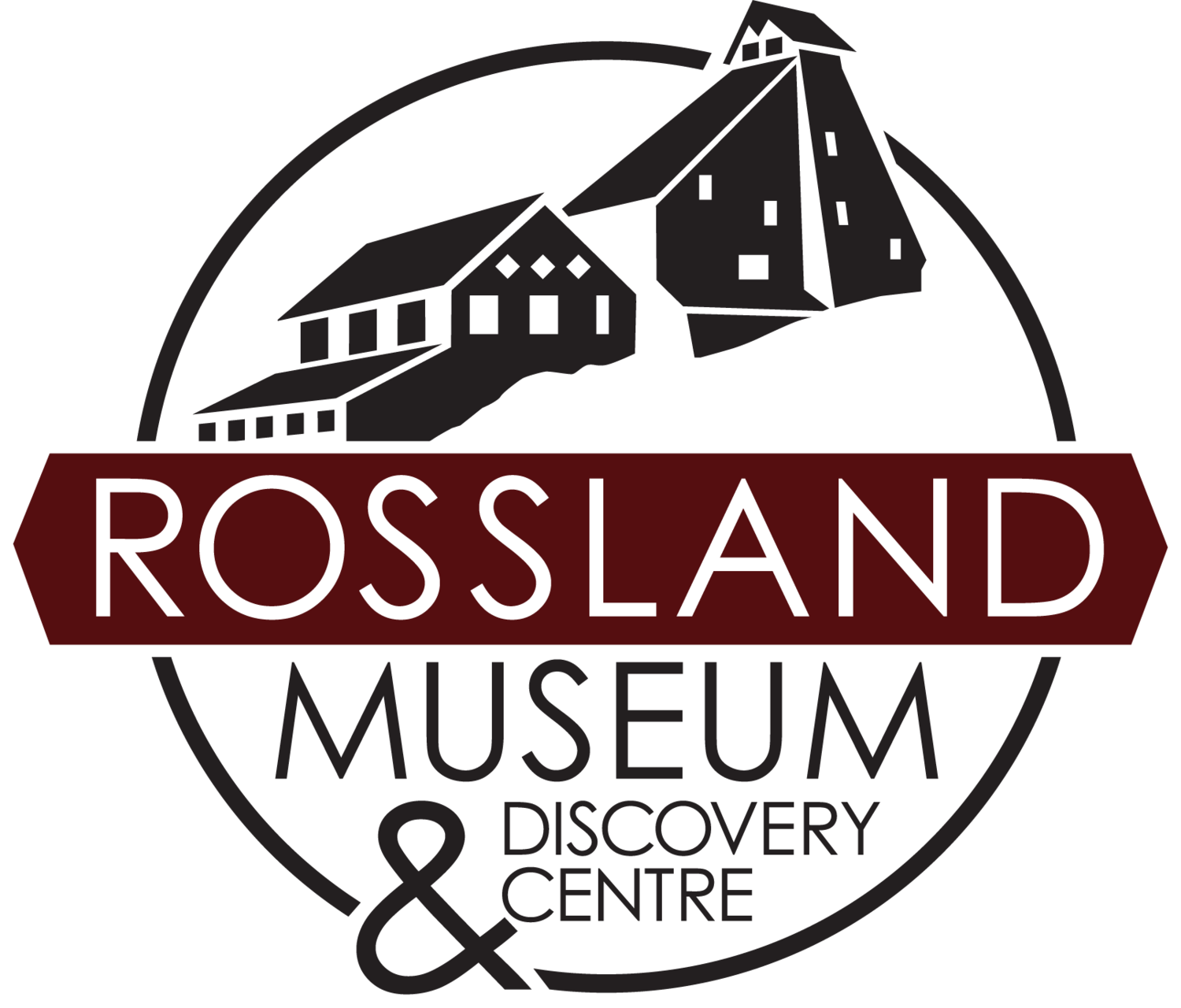CBT Community Engagement
The Columbia Basin Trust is seeking public engagement for its Management Plan through Community Meetings, Symposia, and online engagement.
The Museum/Heritage/Archives field has not had targeted funding through Columbia Basin Trust since 2020, although we have been eligible applicants for Advisory programs, Tech Grants, etc. The Community Meetings and other feedback initiatives are an opportunity to articulate the value of the Rossland Museum & Discovery Centre and other Basin museums, heritage sites, and archives to their respective communities and show broad community support for the sector.
Please consider letting Columbia Basin Trust know what you’d like them to support with your CBT funds in the coming years, including expressing your support of Basin museums/heritage sites/archives:
Attend Rossland’s community meeting on Wednesday, May 10th at the Miners’ Hall (Drop in anytime, registration NOT required); and/or
Attend the region's Symposium at the Trail Memorial Centre on June 9th & 10th (registration required - currently full); and/or
Some key points to consider:
Community Well-being:
Support exposure to and participation in arts, culture, and heritage.
In many Basin communities, museums are the primary, if not the only, means through which residents can experience the community’s history
Museums and heritage sites are vital resources for municipal government, tourism associations, businesses, community events, and other organizations celebrating or marking heritage
Roadside landmark signs, interpretive signage at community entrances, significant-anniversary celebrations, tourist-guide histories, and much more all rely on museum and heritage collections
Built heritage is a very visible representation of a community’s heritage, but understanding its significance, tracing its construction and physical life, and recording its role in the community and its people almost always relies heavily, if not exclusively, on the knowledge held in museum/archival collections and the resources of historical societies.
It is not enough to preserve a historic building without also protecting the knowledge of the people and events that continue to make use of it - the building is merely a shell; the community’s true heritage and culture are found in that deeper knowledge, and for that, the knowledge of museum/archival staff/volunteers is essential.
Museums and heritage sites serve as hubs for broad sectoral engagement:
Museums that double as art galleries, archives, visitor centres, etc.
Museums that partner with libraries, colleges, chambers, etc.
Museums that partner with arts councils and arts groups, in ways that range from collaborative program delivery to promoting local artists through museum gift shops
Museums and heritage sites work hard to reflect the diversity of a community’s culture and are able to do so in ways not always open to other organizations or entities
Support non-profits in their efforts to meet community needs.
Further enable community-serving organizations to address challenges including poverty, isolation, or marginalization
Provide opportunities and supports for children, youth, seniors, and elders.
Most museums in the Basin work with the schools to provide curriculum-based school programs both in the museums and in classrooms.
Many museums run summer children’s camps, giving children the opportunity to connect with the museums and with their community’s history, including numerous community partnerships.
Many museums run programs for seniors either on-site, at senior centres, or in long-term care centres.
Ecosystem Enhancement
Identify landscape-level projects focused on ecosystem restoration, addressing cumulative impacts, by seeking input from community groups, First Nations representatives, and government experts.
Knowledge of impacts of historic land use and past management practice comes from museum and heritage collections
Share success stories on ecosystem restoration with communities to help inspire action.
Museums, with their diverse audiences, multi-pronged programming opportunities, and mission to address community issues, can represent an important means of sharing success stories.
Support housing providers to ensure they can develop, manage and maintain housing.
Knowledge of historic land use, found in museum and archive collections, can help identify suitable properties for new housing developments, and help non-profit organizations avoid potential - and potentially costly - problems
